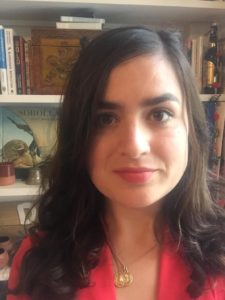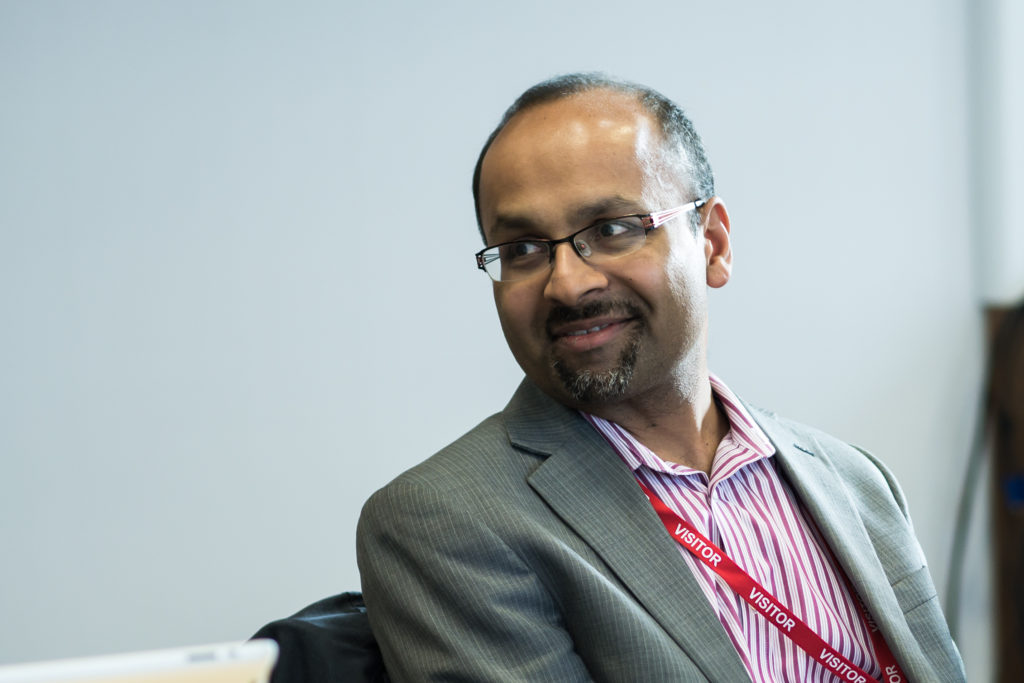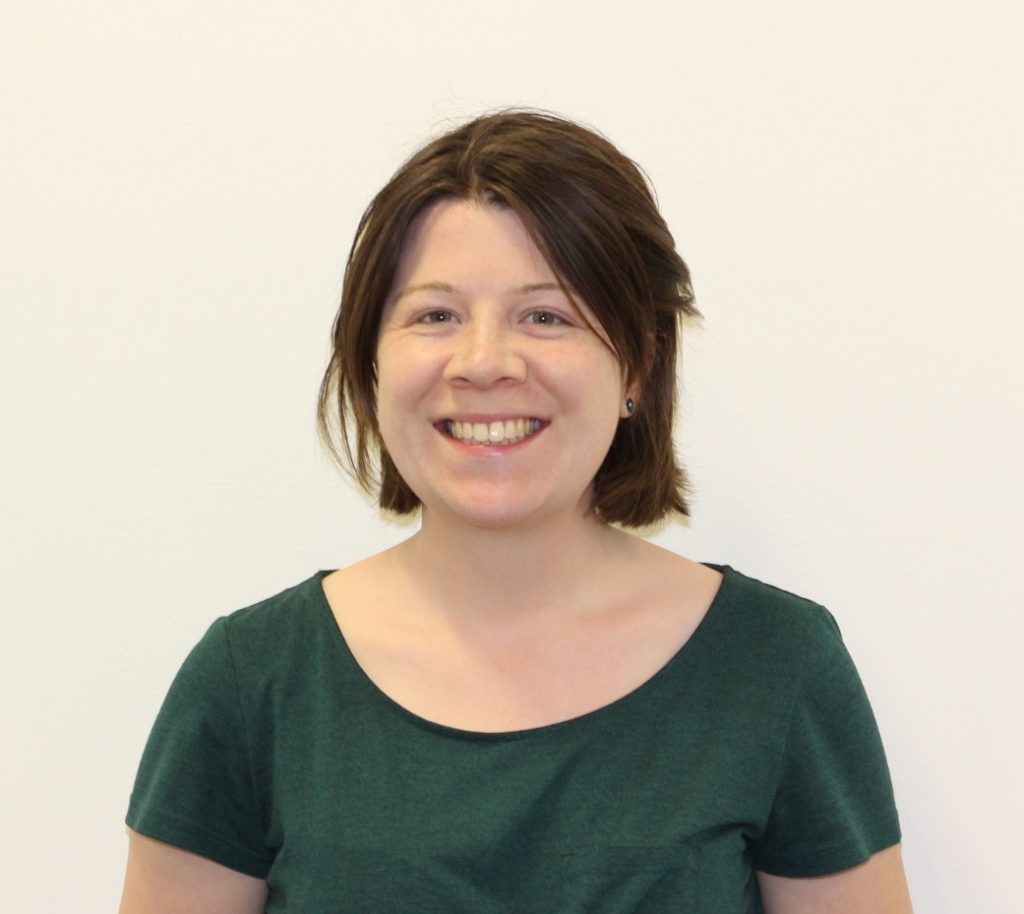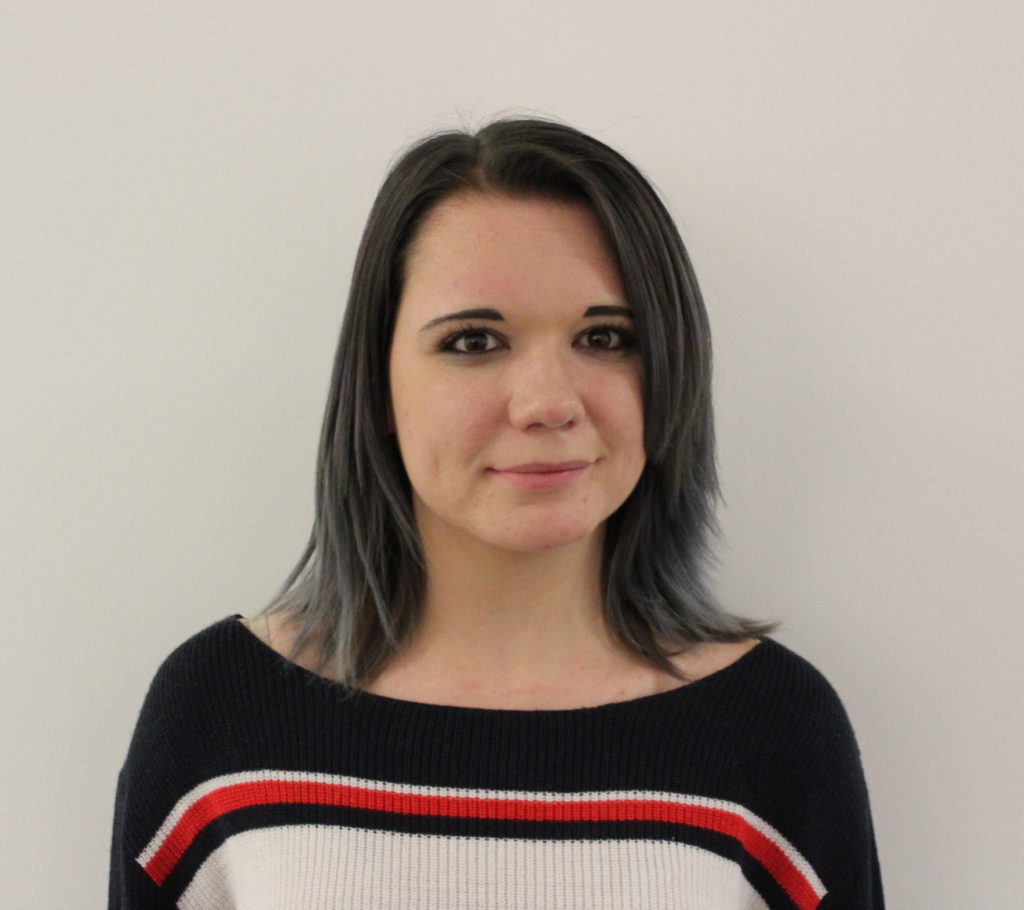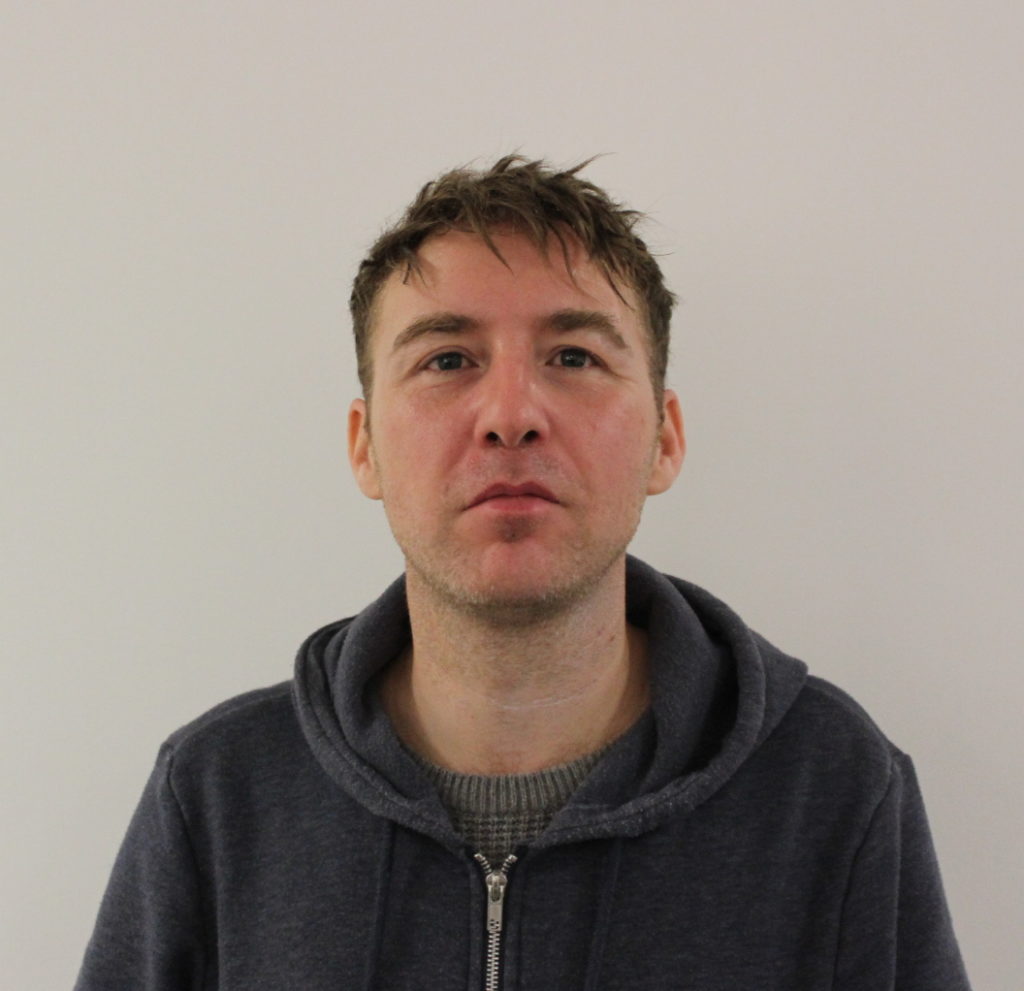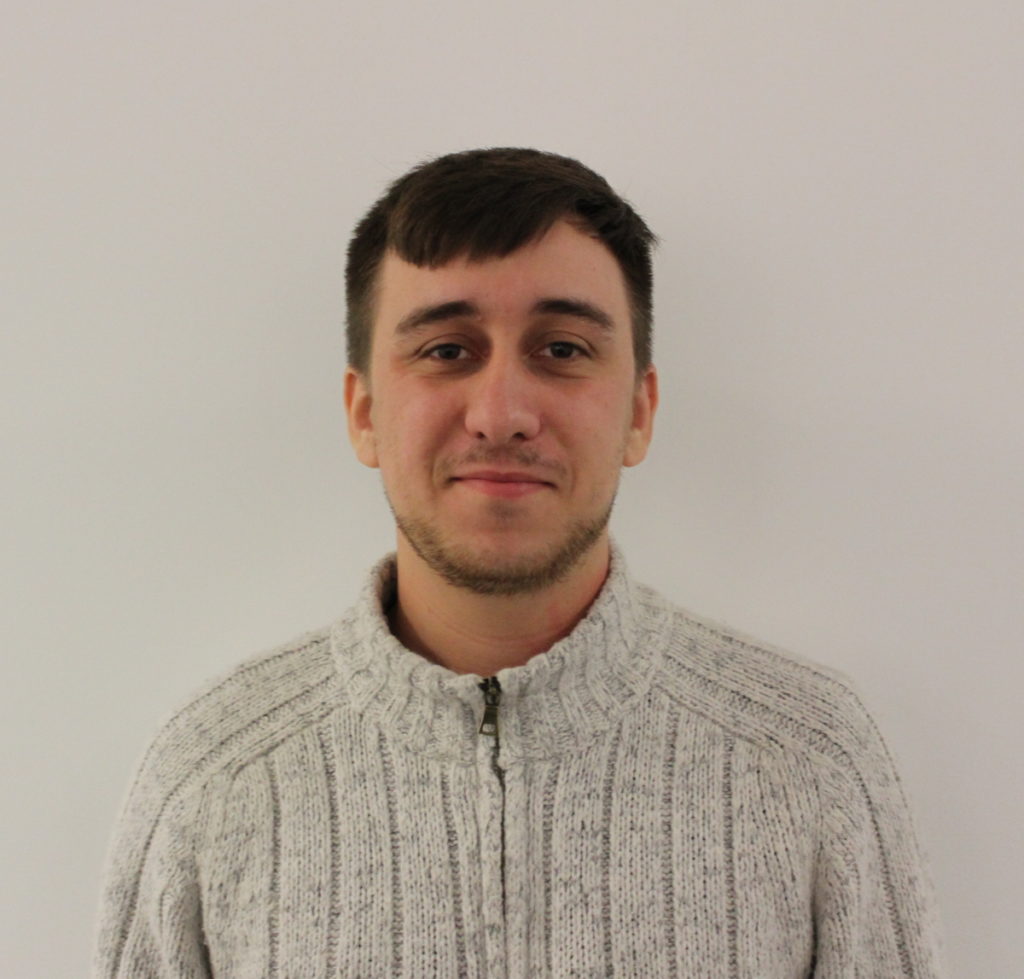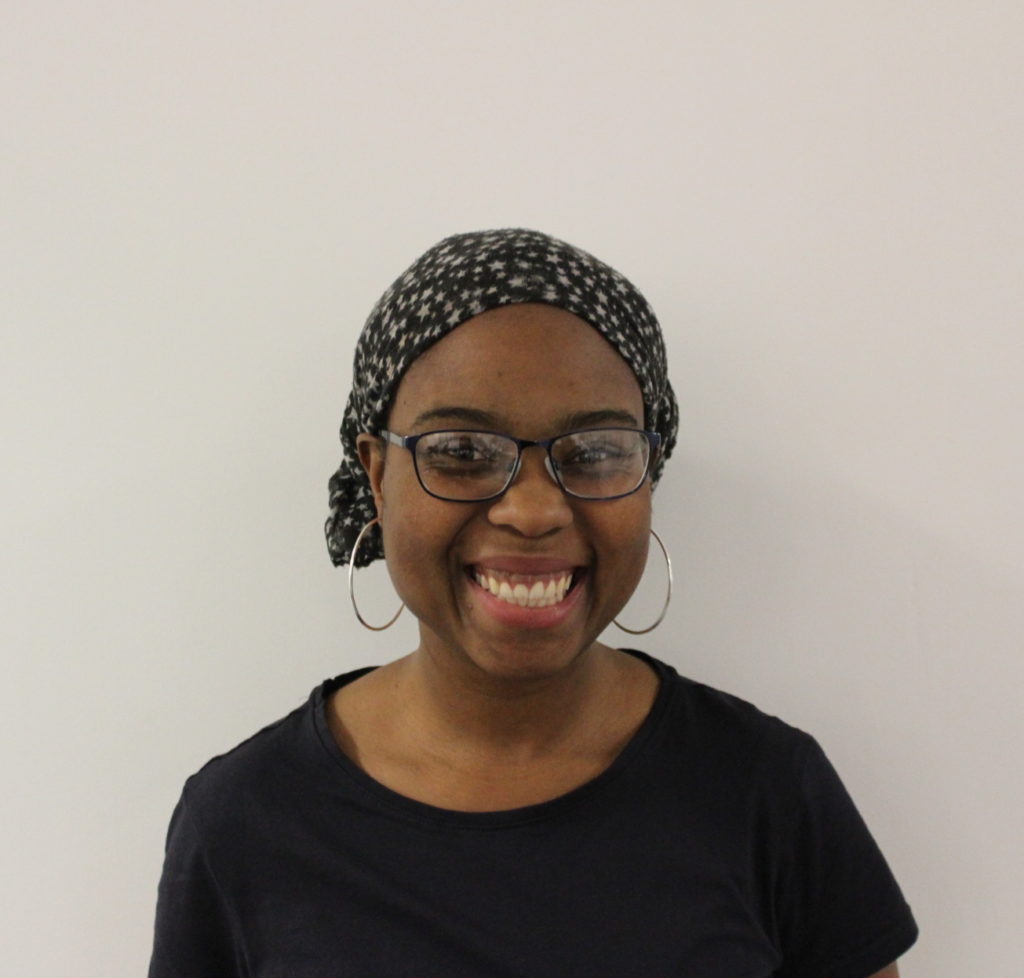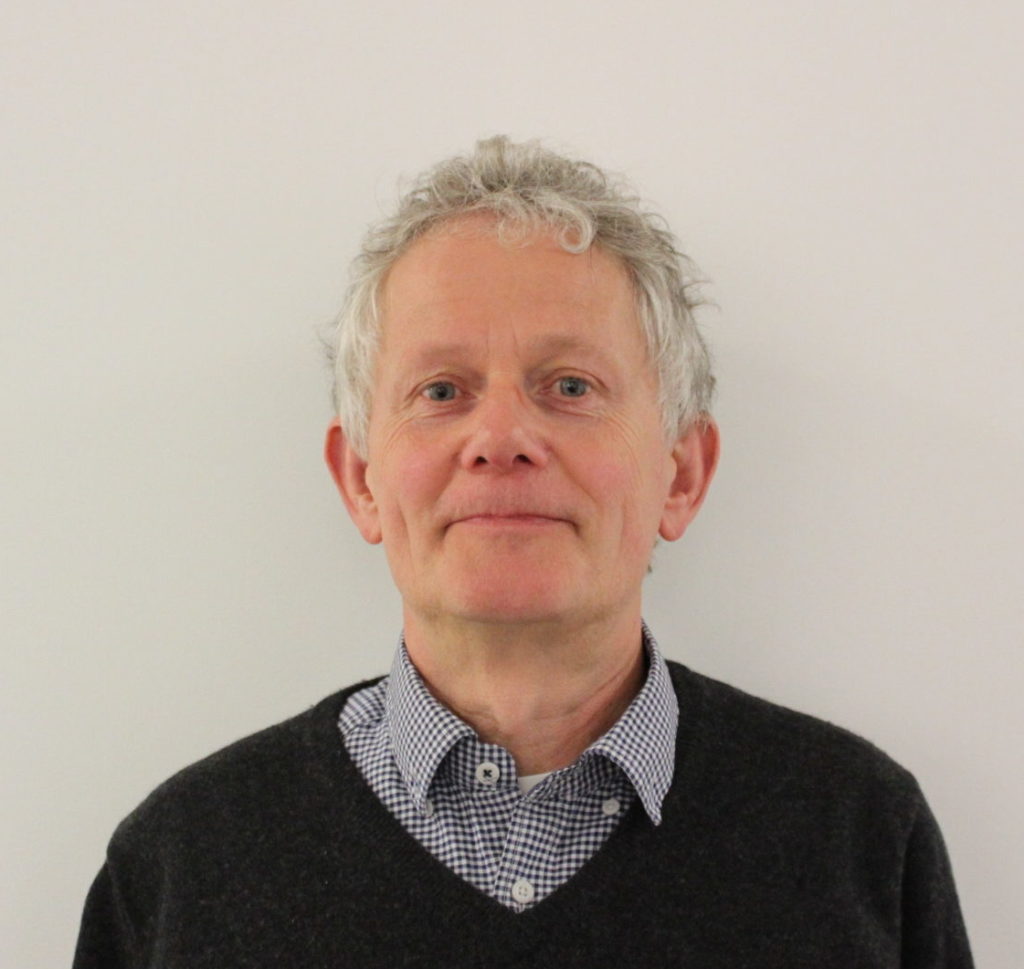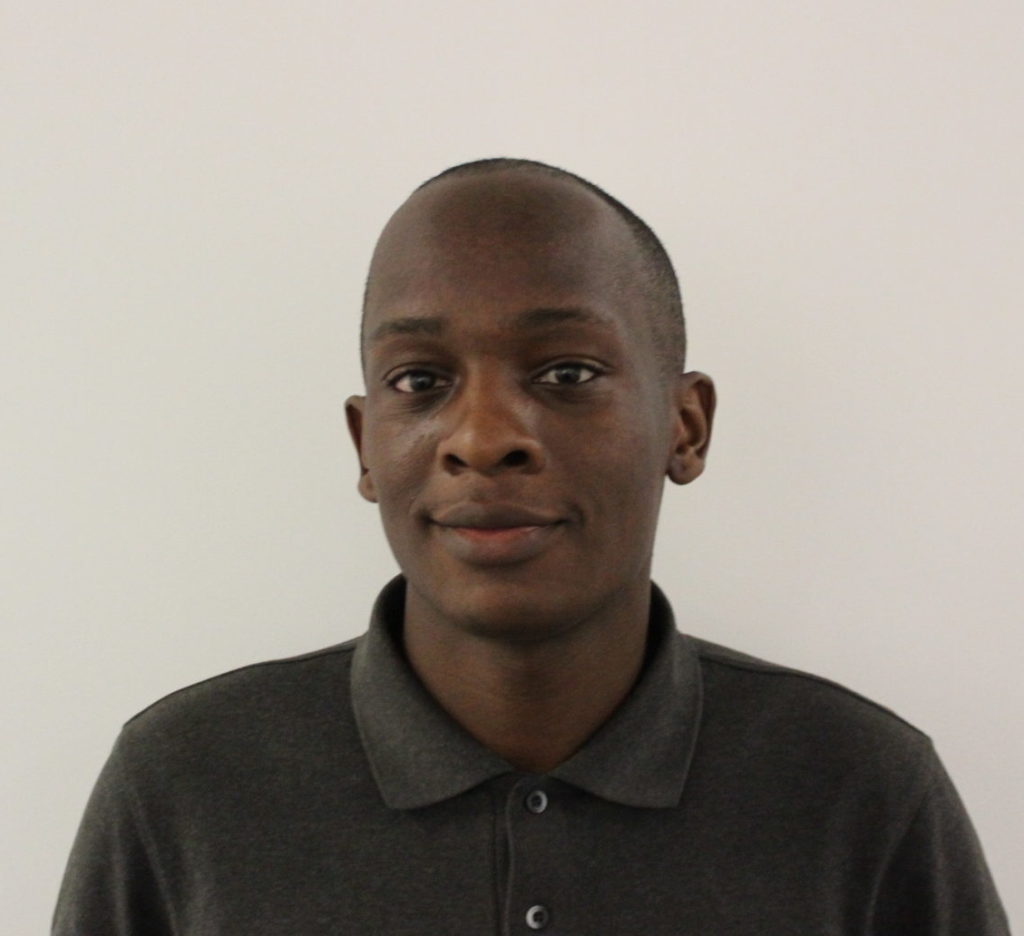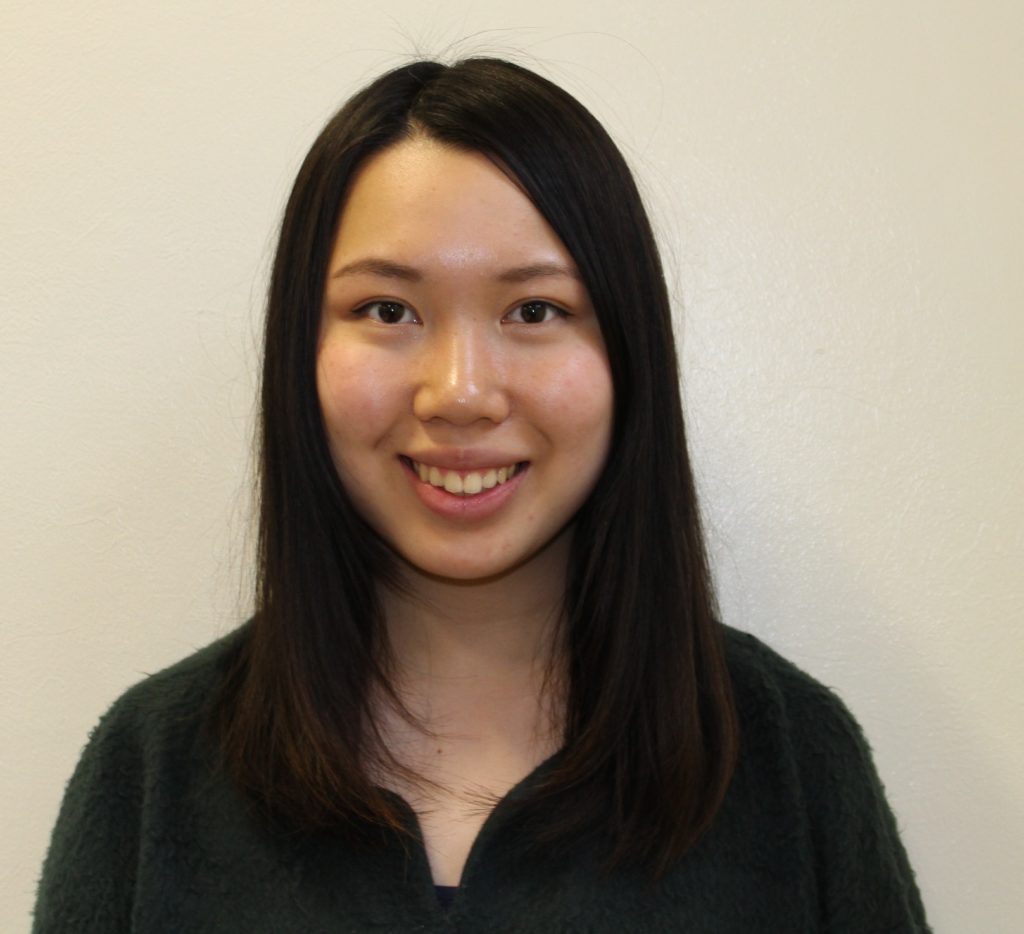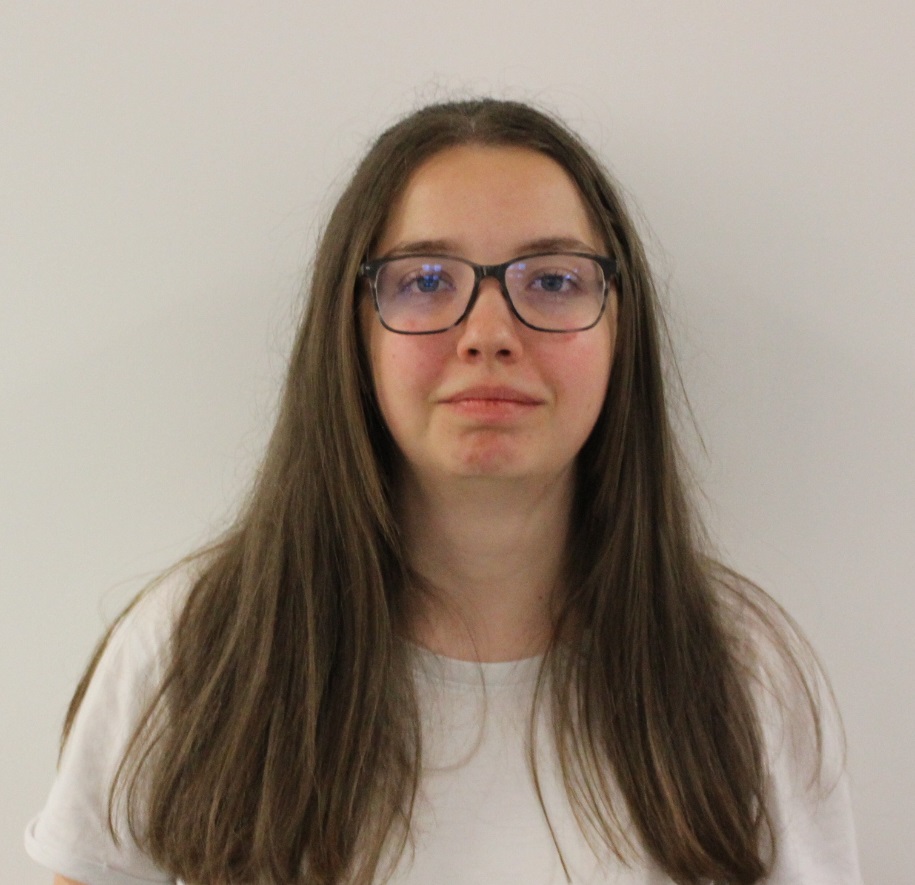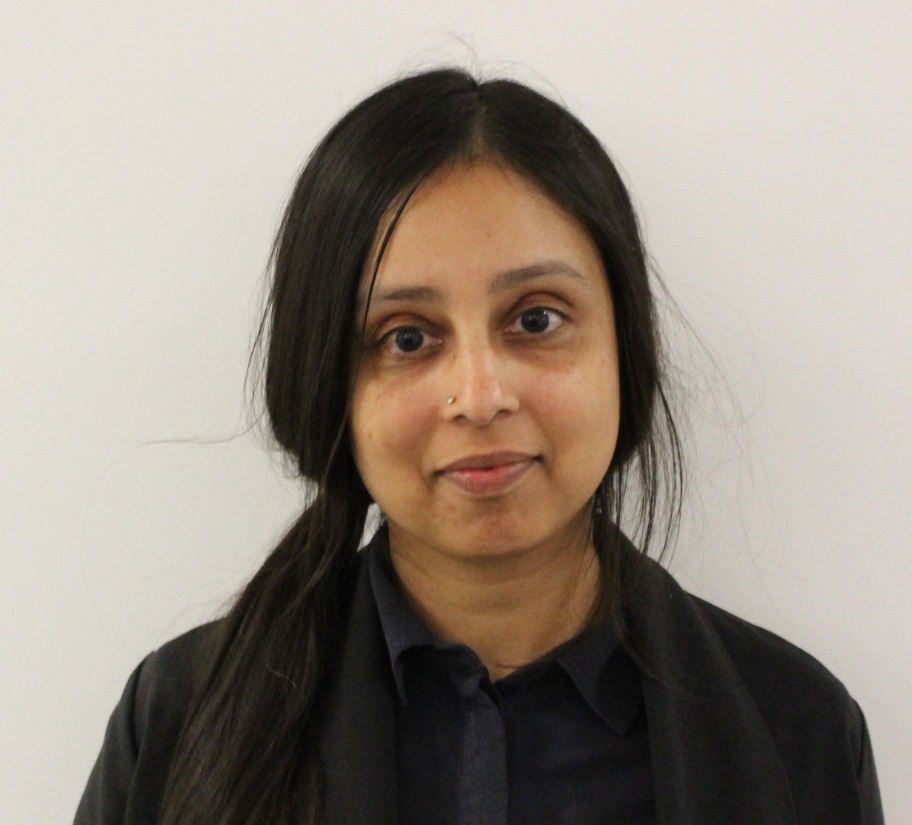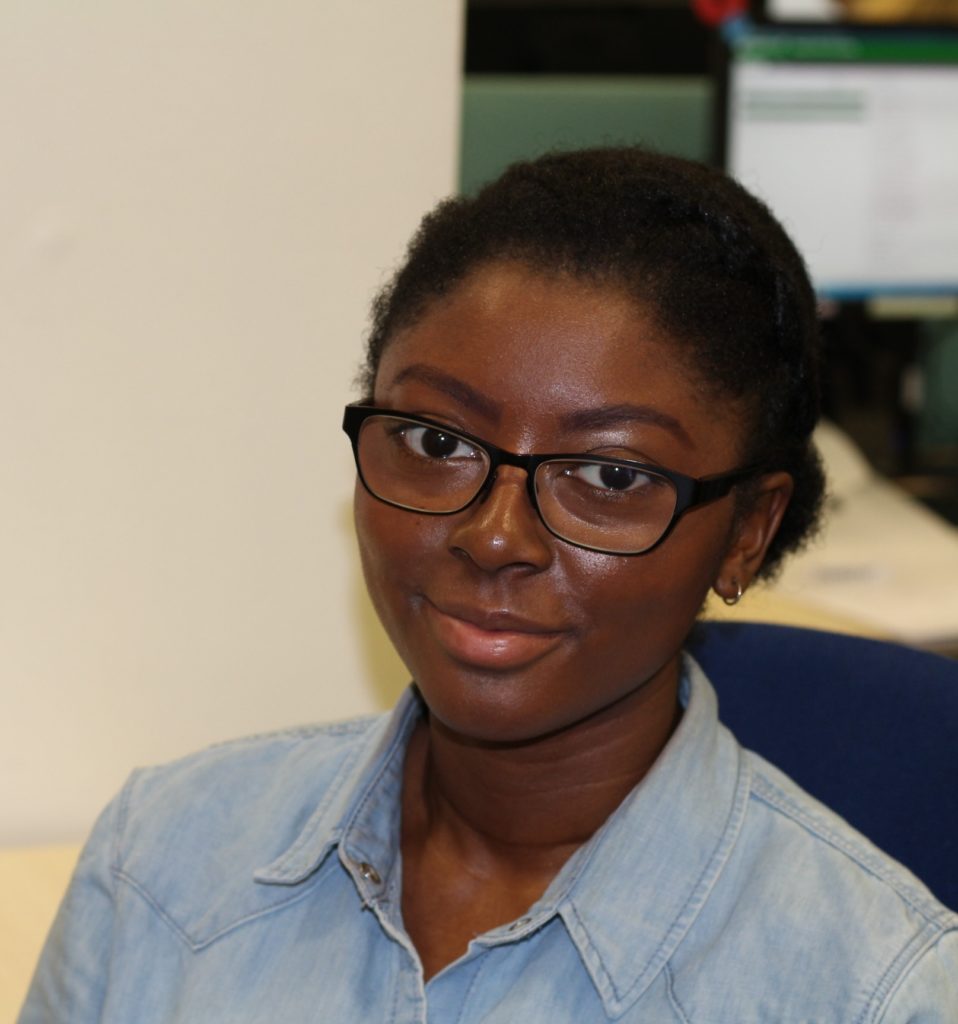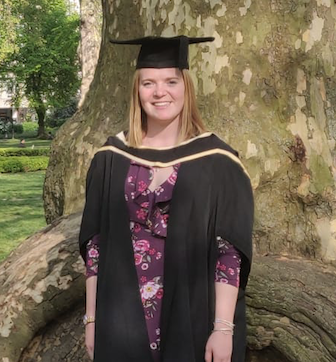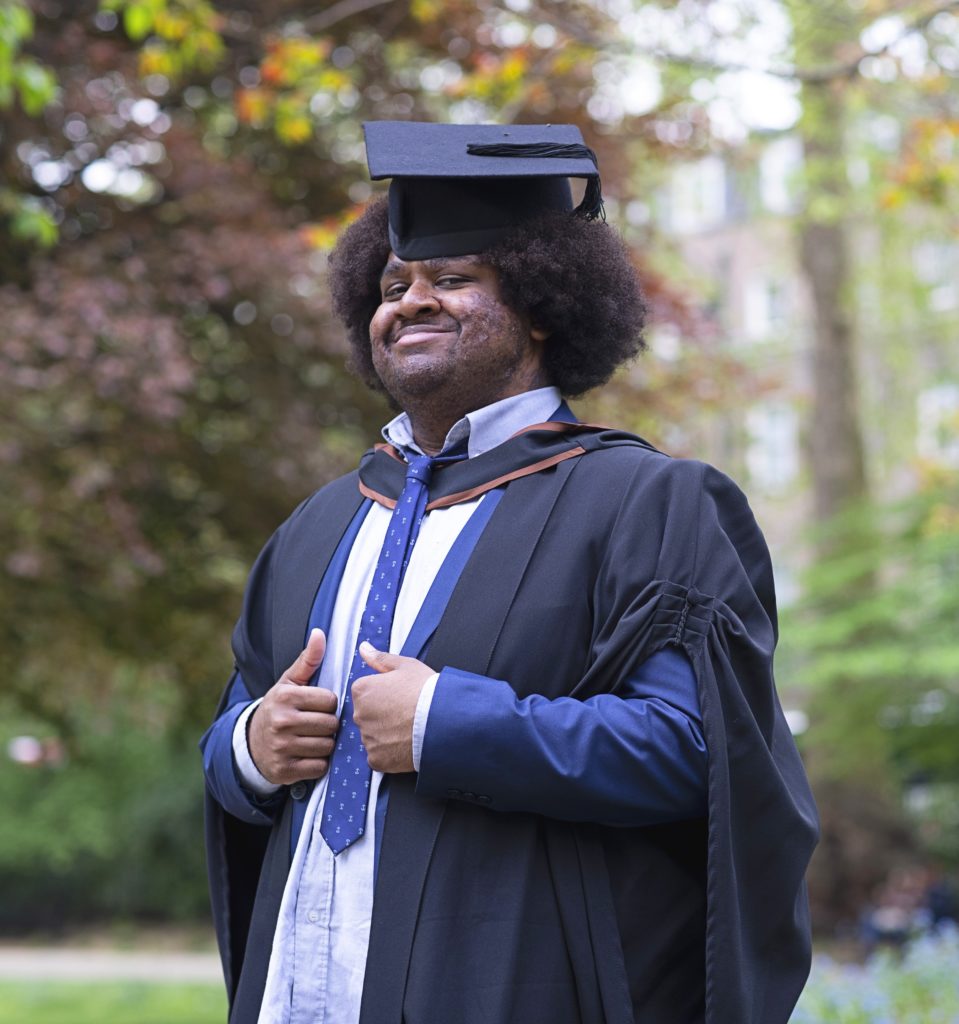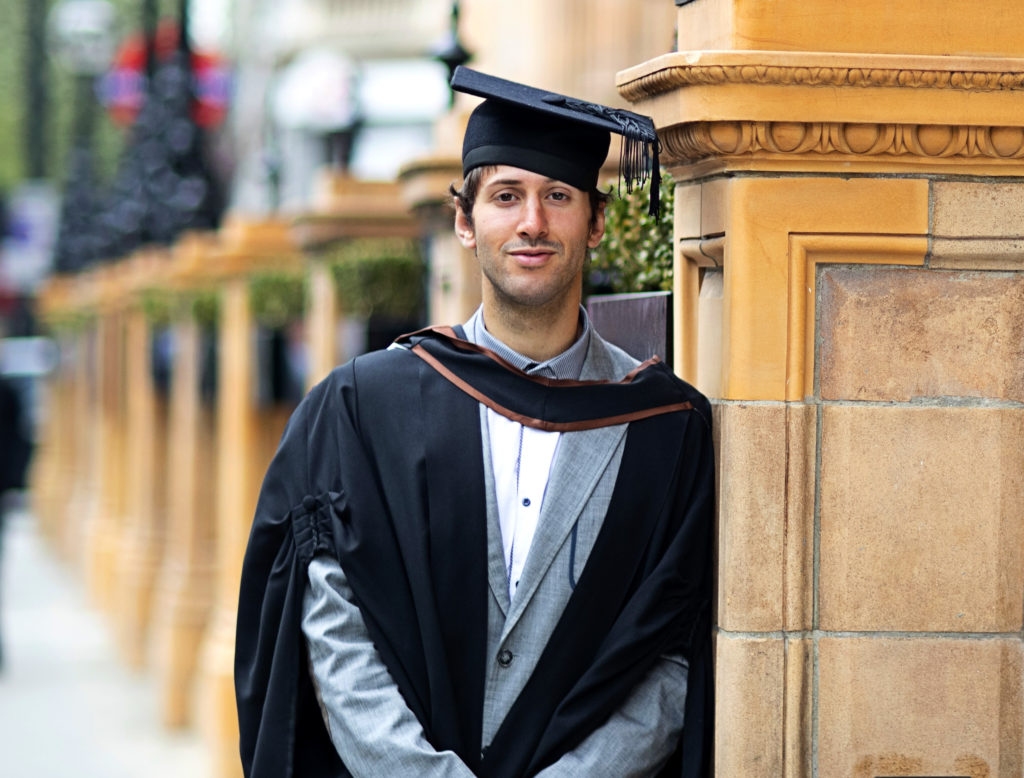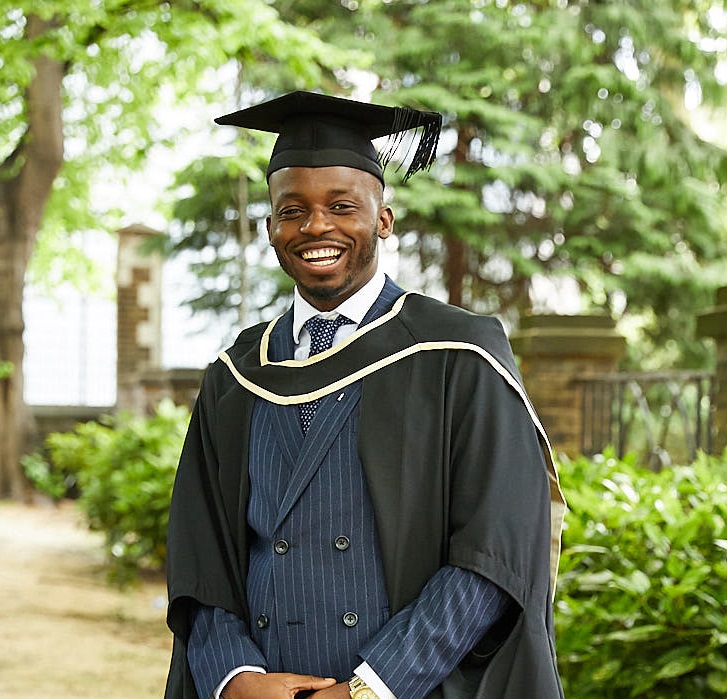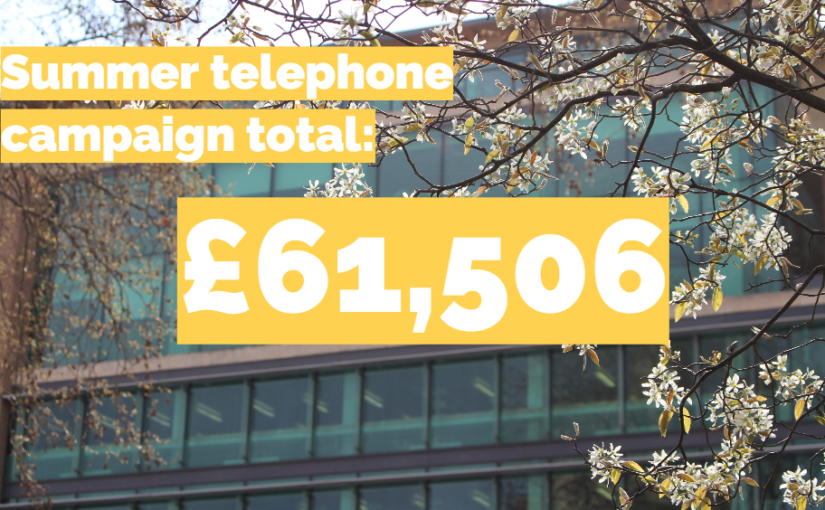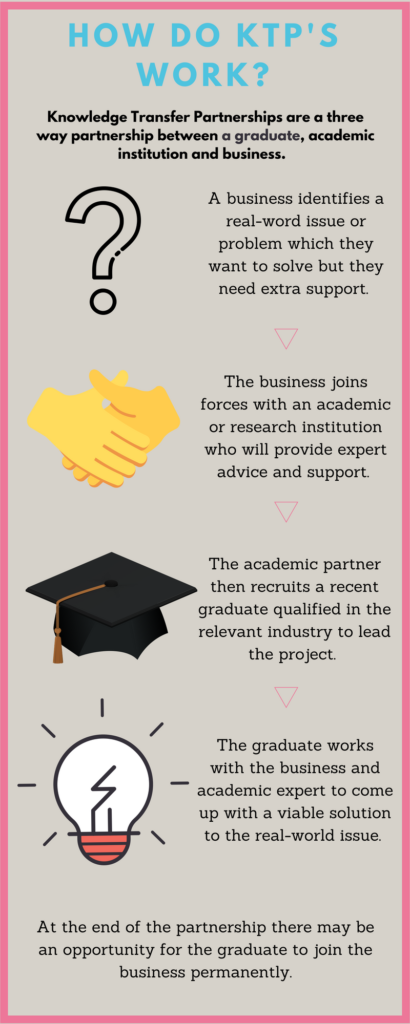Claude Grunitzky is a Birkbeck alumnus, graduating in 1994 with a BSc in Financial Economics. He then went on to be the publisher and founder of TRACE magazine, hailed as a major influence in the world of black culture, hip-hop, style and music. Over the years, it has seen stars such as Naomi Campbell, Rosario Dawson, Missy Elliott, the Notorious BIG, Rihanna, Lenny Kravitz and Snoop Dogg grace its covers.

Claude is now Founder and Editor-in-Chief of TRUE Africa, a media platform championing young African voices, and TRUE, an innovative content marketing company. His impressive career is the subject of a Harvard Business School case study, where he is also a mentor and coach.
We asked Claude to tell us more about his career, TRUE’s work with Birkbeck, and New York life in lockdown.
Tell us what inspired you to set up TRUE Africa.
I felt that there wasn’t enough representation of African voices in the media and wanted a space to introduce and discuss the new talents, opinions and skills coming out of Africa. Particularly as many big Western publications were showing a biased view on what Africa is becoming. They would go into the capital cities and spend just 3 or 4 days reporting there before flying back home. As a native son of Togo it was important for me to write and hear from an African perspective, especially now with African’s population being so young; 60% of the African continent is under 25, in Uganda this rises to 80%. Alongside this, there is a massive development of modern technology and culture in the continent.
I am proud to have created a space for the massive team of wonderful African storytellers, bloggers and videographers that I’ve met throughout my career. We cover a huge range of topics, from sport, culture, music, through to social issues and politics. I particularly find it important to showcase some of the taboo issues in Africa, such as mental health, addiction, gender, sexuality and depression. We use first person stories and conversational style pieces to do this. I would like to see TRUE Africa becoming the media platform that unites the African continent and people of African descent across the world.
TRUE are currently working alongside Birkbeck, Innovate UK and Google on an Artificial Intelligence project. Could you tell us more?
TRUE is a content marketing agency that evolved into a technology company over time. We found that advertising for many media companies has been decimated because of large companies like Facebook and Google capturing about 60% of online ads; this makes securing advertising revenue for smaller individual companies difficult. We recognised that we need to look for another way, and we have been focusing on new technologies for journalism. Google and Innovate UK have funded us, and Birkbeck is helping us to create a virtual ‘editorial research assistant’, harnessing AI in order to help content marketers and bloggers, saving in research time and costs. Called ‘Loyal AI’, it has the potential to significantly influence how journalism is produced.
Funded by Google and Innovate UK, we have been working on Loyal AI for the Past 2 years and are delighted to have Birkbeck’s Department of Computer Science involved in the project. Birkbeck’s mission to support young learners from different backgrounds really lines up with the inclusivity of TRUE. People also often underestimate the progressive and experimental nature of much of Birkbeck’s work in the area. We are looking forward to going to market with Loyal AI in 2021.
During such a varied career, what would you say has been your favourite moment?
I would say that it is when I worked with Alicia Keys in 2001. She came to the TRACE office in SoHo, New York, during what was a low point in her career. Alicia had recently dropped out of her studies at Columbia University to pursue her music career, signing with Columbia Records. However, they then dropped her. When we met, she had just signed with J Records and we were featuring her on the cover of TRACE magazine. That ended up as a real game changer and by promoting her on the upturn of her amazing career, we raised our own image. With the endorsement we secured funding for $15m from Goldman Sachs, who had heard that we were doing something really original. This then allowed us to launch our TV platform, TRACE TV, and things really took off. Before that I was living hand to mouth and trying to make things work. I am proud that I used my intuition and was one of the people who recognised Alicia’s incredible talent.

What advice would you give to current students looking to start their own business?
I actually lecture in Social Entrepreneurship at Harvard and so am pleased to be able to give students advice when I can. When I started out in the 90s there were not that many young people in their twenties setting up their own companies – now start-ups are really popular.
I like the ‘Lean Startup’ approach, conceived by Eric Ries. It basically tells you to just get started. Don’t talk about your idea forever with no action or get obsessed about writing a lengthy business proposal. You will learn so much from that first product, business or plan and will benefit so much more from real life experience than learning lots of theory. If starting out, design something as simple as possible and get as much feedback as you can. Just get it going, you will know if you have something quickly and if not, will fail fast and be able to quickly move on. The proof of the pudding is in the eating!
Why did you choose to study at Birkbeck?
Before Birkbeck I was in Paris, studying with the Institut d’Études Politiques (Sciences Po). It is a great place and very well-known but also very theoretical. Whilst I was there, I heard a Massive Attack album, Blue Lines, which changed my life. It came out when I was about 20 and I knew that I had to get to UK to be closer to them!
I researched various places in London which would allow me to work as a journalist; at the time I was working as a freelancer for with French magazine Actuel. I was interested in economics and discovered Birkbeck, right in the centre of London and giving the ability for me to study in evening. This allowed me to continue with Actuel, reporting on Hip Hop and music from London. I also wrote for Big Issue, a column called ‘On the Edge’, about my life in London as a young journalist. Our TRUE company still works with the Big Issue today. They are one of our longtime clients.
It was great that I could study and publish dozens of articles. Thanks to that experience, I went on to work with Jefferson Hack at Dazed and Confused, which then led on to my own publication.
What were the highlights of your time at Birkbeck?
Going to Senate House and interacting with students from SOAS and the London School of Economics. The ecosystem of the University of London allowed me to be an active and engaging journalist with people from all walks of life.
You’ve been involved with a few different universities – what would you say makes Birkbeck unique?
I have an MBA from MIT (Massachusetts Institute of Technology), which is a very scientific and technical university. I love MIT, but I also enjoyed the practical nature of Birkbeck’s curriculum, which covers proper, real-world issues and case studies. It felt very different to my experience in Paris and the theory led courses I had been on at Sciences Po. I remember the Professors very much looked at industry insights and real corporations or institutions. It helped to hit the ground running when I graduated and understand industry issues.
Also being in central London of course and being close to the record stores on Oxford Street. In the belly of the beast!
What is lockdown like in New York right now?
It’s really different to be working from home, especially having a 2-year old who is confined. Coupled with this there is a fearful mood in New York at the moment; 40 million have become unemployed in 5 weeks. There are many layoffs in my industry where the media has severely suffered in the economic downturn, meaning low morale.
Sadly, your zip code here makes a huge difference – issues around income and equality at the moment are really reflected in the demographic of cases. This is something that is really forcing us to re-evaluate social cohesion.
What are you most looking forward to when life is back to normal?
I am looking forward to the rebirth of the global economy, which will hopefully be more about equality and social impact. I want this situation to empower people to make choices that are better for society rather than looking after a few corporations who only care about profit, not their community or the environment. This could provide a clean slate to review capitalism as we know it. We have seen the failure of many systems in place; I want to be an innovator, mentor and contributor of the new system.
What was the last book you read?
I re-read ‘Thinking Fast, and Slow’ by Daniel Kahneman, who won the Noble Prize in economics in 2002. I wanted to better understand human behaviours and what some of the biases may be in dealing with a pandemic like this.
What is the one place you would like to travel to but haven’t yet?
I’ve travelled to many places but have never been to Australia. I would love to go and see the country.
If you would like to tell us what you are doing during lockdown and be featured on our next blog, please email alumni@bbk.ac.uk

